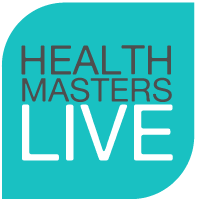Professor Michael Fenech is recognised internationally for his research in nutritional genomics and genetic toxicology and for developing the cytokinesis-block micronucleus (CBMN) assay which is now a standard method used internationally to measure DNA damage in human and mammalian cells.
The lymphocyte CBMN assay has been endorsed by the International Atomic Energy Agency and the OECD for in vivo radiation biodosimetry and in vitro testing of chemical genotoxicity, respectively. From 1990 to 2018 he worked as a principal research scientist in Australia at the Commonwealth Scientific and Industrial Research Organisation in the field of human nutrition.
In 1999-2009 his laboratory further developed the lymphocyte CBMN assay into a 'cytome' assay consisting of six complementary biomarkers of DNA damage and cytotoxicity and, in collaboration with other laboratories, he coordinated the establishment of a similar method for buccal epithelial cells. Both methods are published in Nature Protocols. His key goal is to determine the nutritional and environmental requirements for DNA damage prevention.
In 2003 Dr Fenech proposed a novel ageing and disease prevention strategy based on personalised diagnosis and prevention of DNA damage by appropriate diet/life-style intervention which has led to the Genome Health Clinic concept. His research is also focused on (i) the impact of nutrition and psychological stress on chromosomal and telomere integrity and (ii) personalised nutrition for dementia prevention and cancer growth control.
He cofounded the HUMN project on micronuclei in human populations in 1997 and the Asia Pacific Nutrigenomics Nutrigenetics Organisation in 2014. In 2018 he established the Genome Health Foundation to promote education, research and translation into practice of knowledge relating to environmental and life-style factors that cause or prevent DNA damage. Since 2010 he has been an invited speaker at 57 international conferences (10 plenary lectures). His H-index is 90 based on 36,861 total career citations according to Google Scholar.
